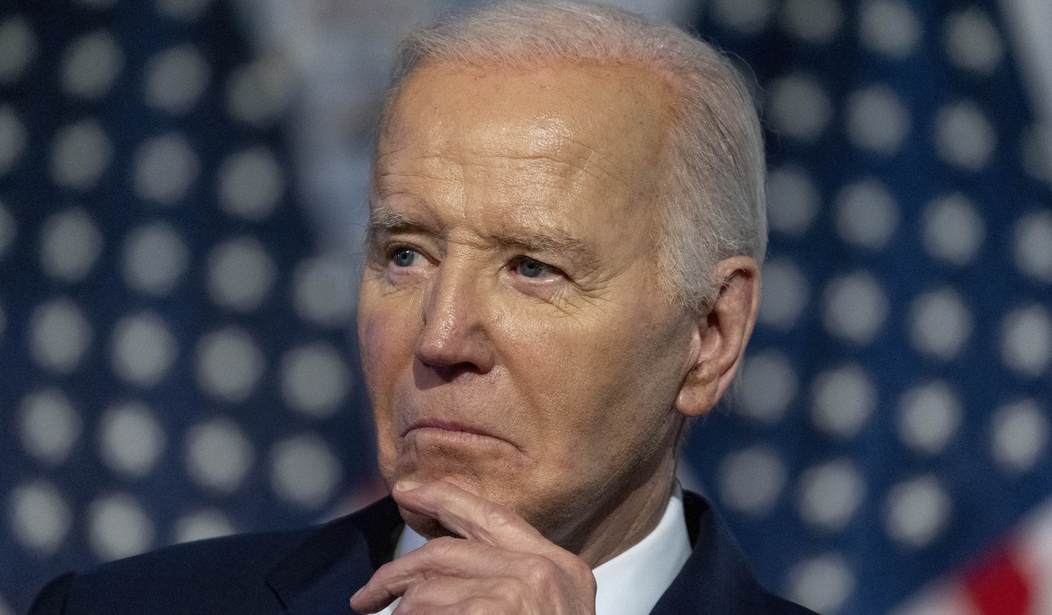I've mentioned before that an incumbent president usually broadens his electoral map when reelected. If a president can't convince more voters to support him after four years, that makes him extremely vulnerable.
As it stands today, Joe Biden is polling way behind in states he flipped in 2020. Reports suggest that the only red state Biden seems to be making any sort of play for this year is North Carolina, and polls continue to show Trump with a solid and stable lead.
The number of blue states that are becoming competitive this year is hurting Biden's ability to expand the map. Take Nevada, for example, where Trump has an average lead of +6.2 points. Similarly, Virginia has voted blue since 2004, yet recent polls show Biden's advantage there dwindling. That may be a tough one for Trump, but Biden is weaker there than he was in 2020. Two states I've been increasingly bullish about are Minnesota and Maine, yet there's another blue state that may also be competitive this year: New Hampshire.
The last time a Republican won New Hampshire was George W. Bush in 2000. He lost the state four years later. I was living in Massachusetts at the time and even helped with Get Out the Vote (GOTV) efforts in New Hampshire. By 2004, it was widely expected to be much tougher for Bush to win there a second time because of John Kerry's New England roots and the fact that Massachusetts liberals were moving up to the freer New Hampshire and taking their leftist voting habits with them. Luckily, Bush gained New Mexico and Iowa, easily defeating John Kerry in the Electoral College, but New Hampshire was still disappointing to see the Granite State fall to the Democrats.
New Hampshire may not have a ton of power in a presidential election — it only has four Electoral College votes — but in a close election, it could make a difference in the outcome. And now, a new poll from NHJournal/Praecones Analytica shows Biden and Trump tied in the state — a huge swing after Biden won by eight points in 2020. The survey of 862 registered voters conducted from May 15-20 found roughly 36% support each for Biden and Trump, with 14.6% backing independent Robert F. Kennedy, Jr.
Related; Why the 2024 Election Feels So Different From 2020
This may just be one poll that could be an outlier, but according to NHJournal, the Biden campaign may be aware that New Hampshire is shaping up to be a close race this year. Biden is about to make his second campaign stop there in as many months, which the paper describes as "an unusual travel pattern for a Democratic president in a competitive national election," especially given Biden's lighter-than-normal travel schedule.
“This helps to put President Biden’s visit this week into greater context, as that sound you hear is the 2024 battleground map expanding for Donald Trump, seemingly putting New Hampshire in play this fall,” veteran New Hampshire GOP strategist Jim Merrill told NHJournal.
What has caused such a dramatic swing toward Trump? According to Dr. Jonathan Klingler of Praecones Analytica, Biden has been bleeding support from swing voters.
“While registered voters of both parties are largely united around their nominee, independent/undeclared voters are splitting their support in four statistically indistinguishable ways: between Biden, Trump, Kennedy, and other unnamed candidates,” Klingler told NHJournal. “In comparison to exit polls from the 2020 presidential election, independent/undeclared voters in New Hampshire demonstrate significantly lower support for Biden, as Biden won around 60 percent of these voters in 2020, compared to around a quarter if the election were held today.”
If Trump can win back Arizona and Georgia (which looks likely) flip Nevada (which also appears likely at this point), and win New Hampshire, he could win the election with 272 Electoral College votes without winning Wisconsin, Michigan, or Pennsylvania — the so-called "blue wall" states.










